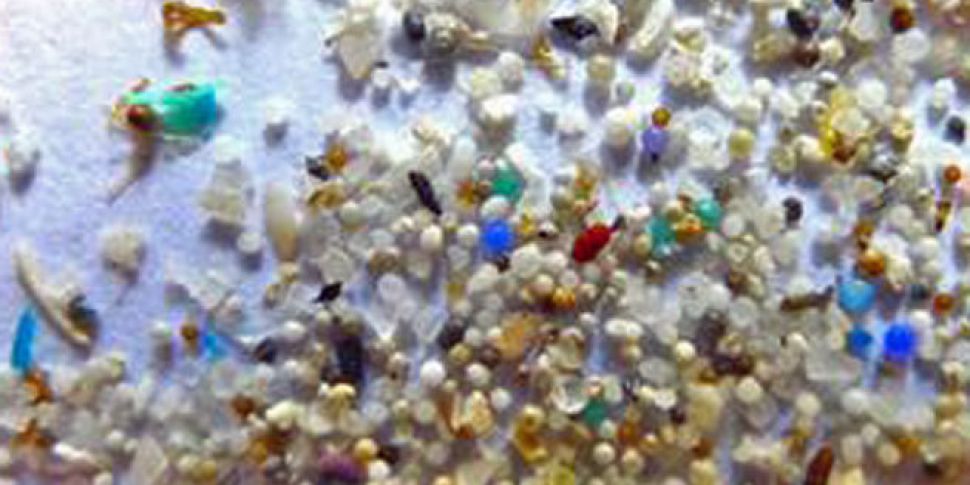There are calls for an outright ban on plastic microbeads in things like body scrub and toothpaste.
Most large cosmetics companies have agreed to voluntarily phase them out by 2020 because they can harm marine wildlife.
But British MPs on the UK's Environmental Audit Committee want them outlawed by the end of 2017.
"Cosmetic companies should be banned from using plastic microbeads in bathroom products - like exfoliating scrubs, toothpaste and shaving gel - because of the marine pollution they are causing", the committee said.
The committee chair Mary Creagh says a single shower can result in 100,000 plastic particles entering the ocean.
"Trillions of tiny pieces of plastic are accumulating in the world's oceans, lakes and estuaries, harming marine life and entering the food chain", she said.
She said microbeads in scrubs, shower gels and toothpastes are an avoidable part of this plastic pollution problem.
"Cosmetic companies' voluntary approach to phasing out plastic microbeads simply won't wash. We need a full legal ban, preferably at an international level as pollution does not respect borders."
File photo of an exfoliating daily wash containing micro-beads | Image: Yui Mok / PA Wire/Press Association Images
"If this isn't possible after our vote to leave the EU, then the (British) government should introduce a national ban. The best way to reduce this pollution is to prevent plastic being flushed into the sea in the first place," she added.
The committee found that a legislative ban would have advantages for consumers and the industry in terms of consistency, universality and confidence.
A report also says the industry is failing to label products containing microbeads clearly.
The committee says microplastic pollution is potentially more environmentally damaging than larger pieces of plastic - because it is more likely to be eaten by wildlife.
"Shockingly, a plate of six oysters can contain up to 50 particles of plastic. More research is needed on the impact of microplastic consumption on human health," Ms Creagh added.
It is estimated that 15-51 trillion microplastic particles have accumulated in the ocean.
Microplastics have been reported at the sea surface and on shorelines world-wide, and they are also present in remote locations including deep sea sediments and in arctic sea ice.
Leading scientist Dr Robbie Smith, from the Bermuda Natural History Museum, has previously said that the millions of tonnes of plastic pollution floating in the world's oceans could pose a threat to human health.










